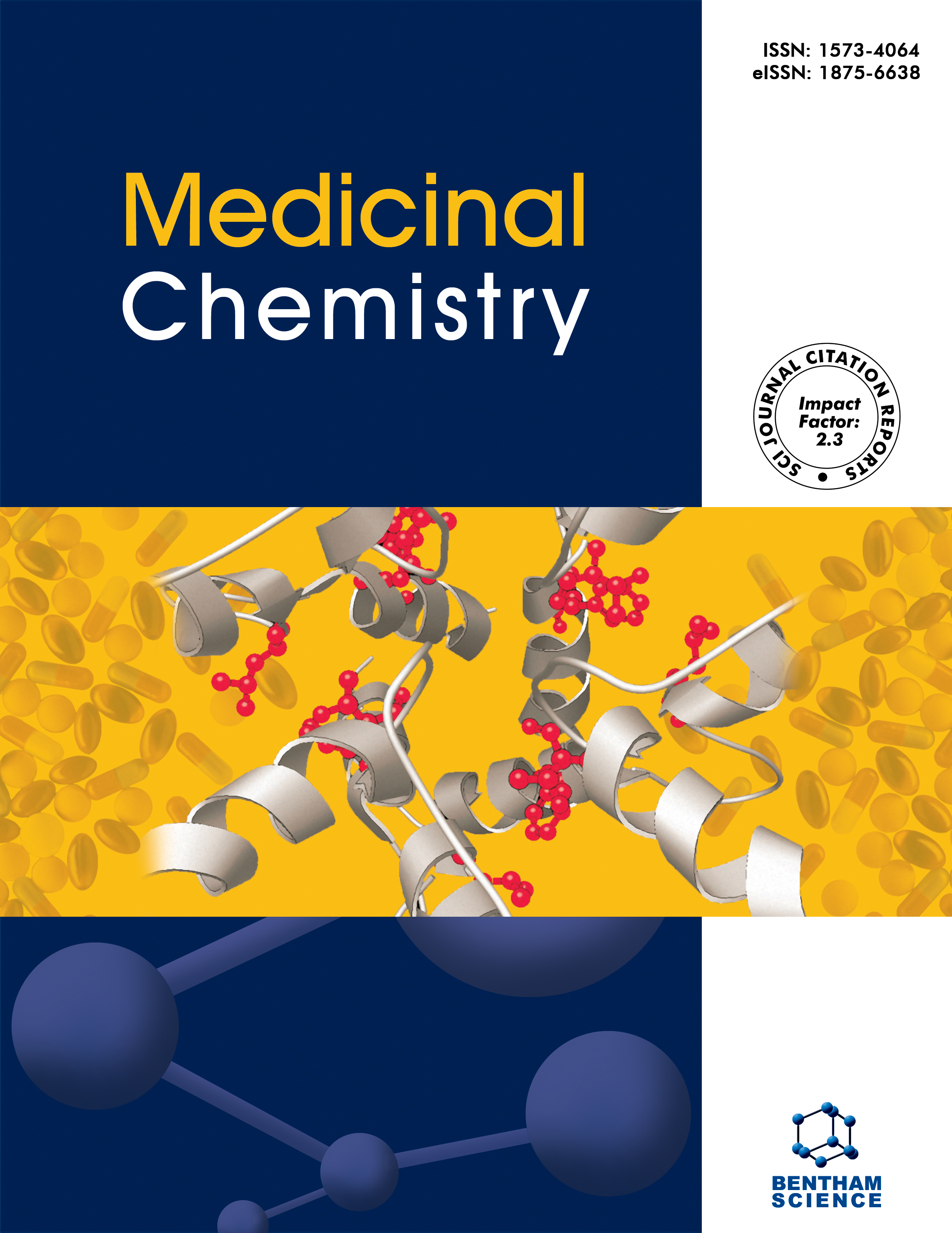-
s Promising Molecular Targets Related to Polyamine Biosynthesis in Drug Discovery against Leishmaniasis
- Source: Medicinal Chemistry, Volume 19, Issue 1, Jan 2023, p. 2 - 9
-
- 01 Jan 2023
Abstract
Leishmaniasis is a neglected tropical disease widely distributed worldwide, caused by parasitic protozoa of the genus Leishmania. Despite representing a significant public health problem, the therapeutic options are old, with several reported adverse effects, have high costs, with administration mainly by parenteral route, which makes treatment difficult, increasing dropout and, consequently, the emergence of resistant strains. Thus, the research and development of new antileishmanial therapies become necessary. In this field, inhibiting essential targets that affect the parasite’s growth, survival, and infectivity represents an attractive therapeutic strategy. With this in mind, this review addresses the main structural, functional characteristics and recent reports of the discovery of promising inhibitors of the enzymes Arginase (ARG) and trypanothione synthase (TryS), which are involved in the biosynthesis of polyamines and trypanothione and Trypanothione Reductase (TR), responsible for the reduction of trypanothione thiol.


